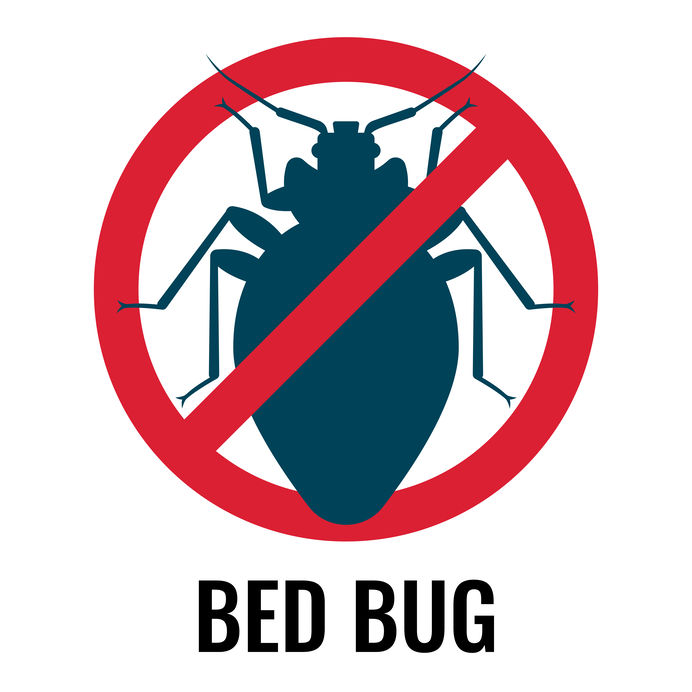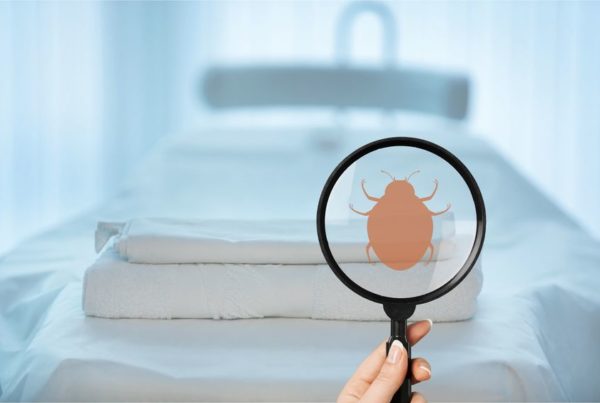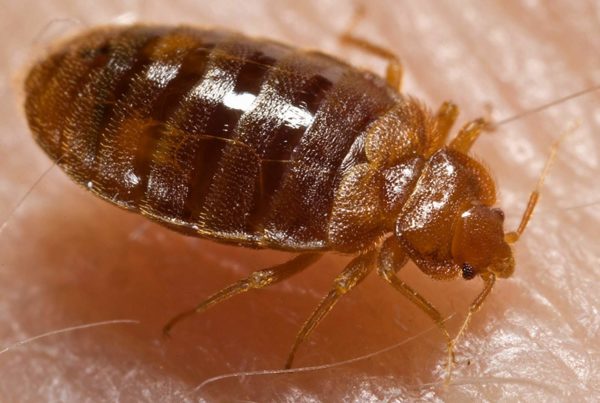Call several companies. Introduce yourself and explain your interest in safer, more effective bed bug control through Integrated Pest Management.
It is important to shop around — not all pest control companies are the same; make sure you spend the time to find the right company.
Don’t just go with the lowest bid — make sure you hire a company that will really treat the problem. This may not mean the company that is the cheapest, but it will save you time, and even money, to treat it properly the first time.
When you call ask the following questions:
- Do they offer an Integrated Pest Management (IPM) option?
- IPM should include the following services:
- Inspection
- Monitoring
- Guidance on policies and activities you should put in place to prevent bed bugs from becoming a problem
- Recommendations for preventing bed bug problems from spreading
- Treatment strategies that go beyond pesticide treatment such as heat treatments, steam cleaning, etc.
- The use of least-toxic pesticides approved for bed bugs
- Do they offer a building assessment?
- The assessment will help determine where and when you got the bed bugs to avoid future infestation.
- Do they provide a pre-treatment checklist?
- It is essential that certain steps be taken before treatment for it to be effective, such as reducing clutter, cleaning, and washing linens and other items. If they do not provide pre-treatment preparation instructions, look elsewhere.
- Do they perform a pre-treatment inspection?
- To treat for bed bugs, the technician must know where they are located. An initial inspection by a trained technician will identify areas to treat.
- Do they offer steam cleaning or other types of heat treatments?
- Applying heat is one of the best ways to kill bed bugs. Steam cleaning is a safe, environmentally friendly way to kill bed bugs and their eggs. Steaming correctly can make using pesticide sprays unnecessary
- Do they recommend mattress covers?
- Encasing mattresses in a zippered cover after treatment can help prevent future infestation. A pest control company that focuses on IPM should recommend using a mattress cover.
- Do they only use pesticides recommended for bed bugs?
- Pesticides are designed to be used for specific pests and by a specific method. For example, some pesticides are illegal for use on mattresses. Ask for the names and labels of pesticides to insure proper use.
- Do they provide service reports of work performed and written recommendations of further actions to take to maintain a bed-bug-free facility?
- Service reports and IPM recommendations will help you prevent bed bug problems in the future.
- Do they provide references?
- A reputable bed bug treatment company will give you references of previously treated facilities. Get those numbers and make sure to call.
Source: Purdue University’s Entomology Department Website




